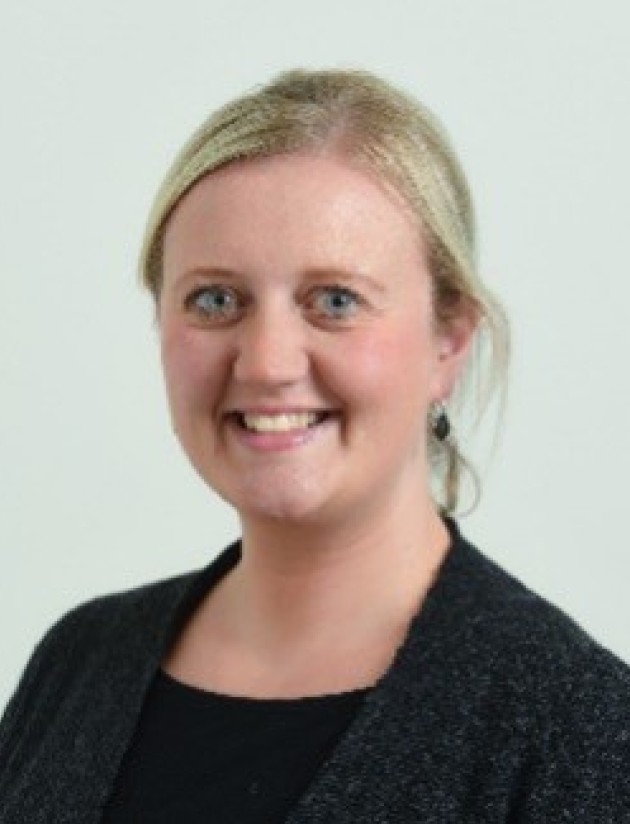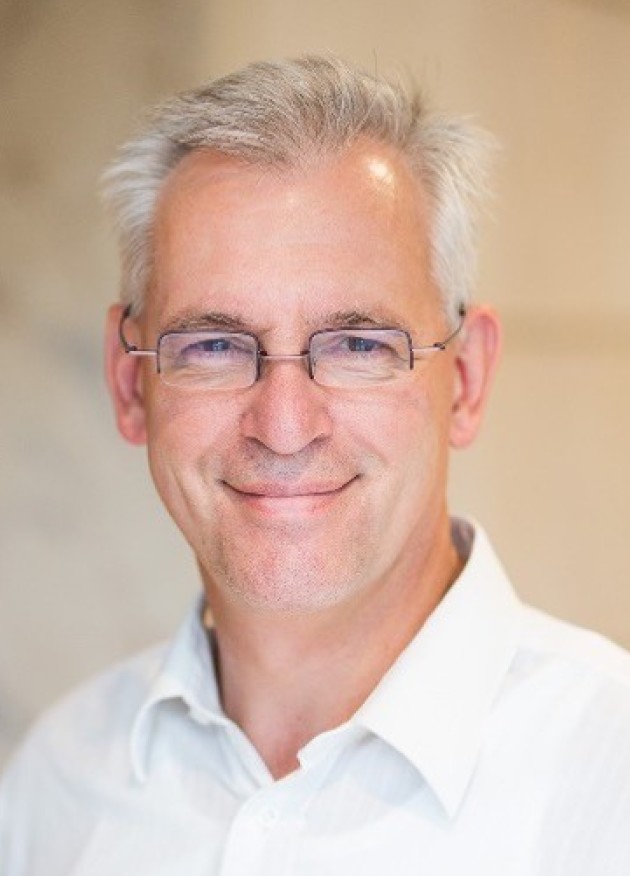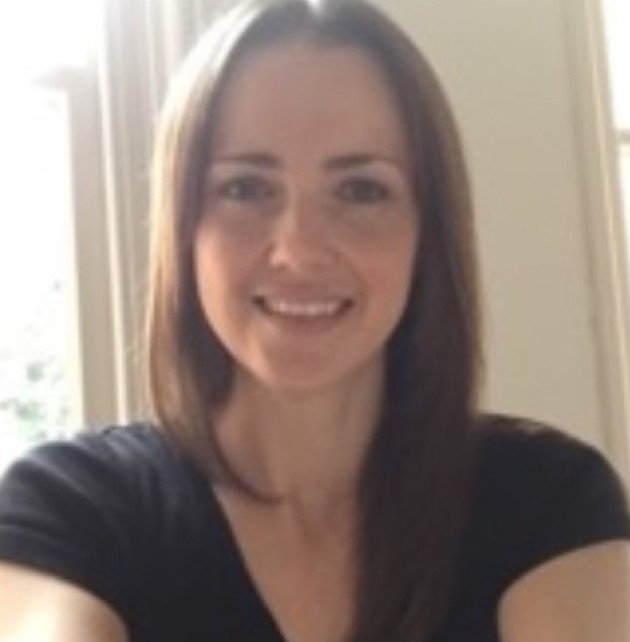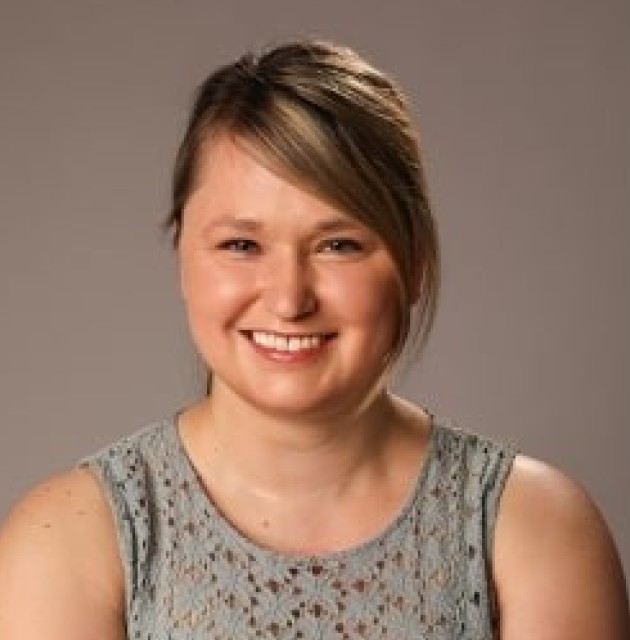Shell Partners
Accordion Widget 2

Team Lead, Lubricants Technology & Research Manager, Fuels & Lubricants UTC
Sarah Matthews manages a team of chemists and engineers who deliver Shell Lubricants innovation programme and provide expert technical support to Shell Lubricants Supply Chain.
In addition to team leadership responsibilities, Sarah manages Shell’s Fuel and Lubricant UTC at Imperial College London. The UTC was established in 2013 and is located in the Department of Mechanical Engineering. The UTC strengthens existing relationships with Imperial College and provides a structured way of working, delivering insight and understanding in the following research areas: lubricant design, friction reduction, fuel-lubricant interaction, fuel combustion, fuel-engine interactions and e-mobility-related (efuels, battery charging and thermal management). This enables Shell to make fundamental advances in their knowledge and know-how, informing the development and deployment of future technology solutions.
Sarah is an MChem, DPhil Chemist and has been with Shell for 14 years, taking a variety of roles and responsibilities over that time; developing new fuels, delivering innovative solutions for future lubricant products, holding technical sign-off for lubricant additive components, and now leading a diverse team to help deliver our R&D programme.
 Senior process development chemist
Senior process development chemist
Peter is a member of the Energy Storage team in Shell and is involved in battery research since the end of 2017. Within this team, he is supervising the academic collaborations with UK universities in the area of battery research. Next to that, he is coordinating Shell’s research and development program on redox flow batteries (RFB). Besides his RFB interest, he is also involved in the development and fundamental studies related to sodium anion batteries.
The projects supervised by Peter at ICL are related to sodium batteries, hydrogen-based hybrid flow batteries and vanadium extraction from refinery streams. Projects at other universities are sodium and potassium batteries at the University of Oxford, organic RFB at the University of Cambridge, RFB development and lithium anion battery degradation & safety studies at Queen’s University Belfast.
Peter started in Shell in 1989 after a PhD in organic chemistry at the University of Utrecht. He always worked in research. After ten years of polymer research, focussing on catalyst development and up-scaling, he moved to process development, where he worked on many different projects.
 Academic Partnerships Manager in the UK
Academic Partnerships Manager in the UK
Lisa Brook is responsible for engaging with highly regarded academia and research institutes to build mutually beneficial External Technology Collaborations (ETCs) centred on innovative technologies that have the potential to solve key energy challenges.
One such ETC of key strategic importance to help Shell meet its Net Zero emissions targets is the Prosperity Partnership with Imperial College London and Diamond Light Source, which will help develop new methods for understanding and designing solid-fluid interfaces, with multiple translation opportunities across Shell.
Lisa is a Chemical Engineer by first degree, PhD Chemist, who has worked for Shell for 26 years. For the majority of this time, she has worked in Fuel Technology, developing and deploying new automotive fuels to support Shell’s Mobility business; she also spent four years as the Technology Manager for Ferrari, responsible for all fuel and lubricant products in the Formula 1 race car; and four years in the Retail business as a global brand manager responsible for marketing automotive fuels, when she also got a marketing degree.

Research Coordinator (Business Opportunity Manager, Digital Rock)
Justin developed Shell’s strategy in the Digital Rock space and is the global manager of a multi-year program in collaboration with four academic partners in the UK, US, and India. The Digital Rock program targets rapid de-risking of projects through the provision of simulated properties of porous structures.
Digital Rock, Advanced Materials, and Fuels and Lubricants are the building blocks of the Prosperity Partnership with Imperial College London and Diamond Light Source.
Justin has a PhD in Physics from the University of Leeds. He joined Shell’s Bellaire Research Center in Houston, TX, in 1988 following a Research Assistantship at the University of Illinois in Champaign-Urbana. Justin has spent his career in Exploration and Development, holding numerous technical and managerial roles both in research and Shell’s Deepwater and Unconventionals Lines of Business. He is also the co-inventor of 9 patents covering Digital Rock, NMR, Flow Metering, and Enhanced Oil Recovery.

Project Lead Discovery Hub/ Focal Point Imperial College UTC
Caroline Zinser is part of the Lubricant Discovery Hub Team at Shell, which addresses scouting, science, and innovative solutions for the Lubricant Business and aiding the energy transition journey in this sector.
Caroline is the focal point for the Imperial College UTC. She supports the management of the UTC by defining programmes, monitoring progress, and communicating the output.
Caroline has a PhD in Chemistry and joined Shell through the Graduate Programme in 2018. For the last three years, she worked in Fuels Technology, supporting the current differentiated fuel products and the development of the future Shell FuelSave and Shell V-Power products. She is a passionate volunteer at the Shell Eco-Marathon events. She is eager to be part of the energy transition via innovation and technology by pushing existing technologies to the limit and developing new and improved technologies.
A Cleaner Energy Future
What does ‘net zero’ mean and how is Shell working to be net zero in both the UK, and across our global businesses? Find out more by visiting Shell's website.
A vision for sustainable zero pollution
Find out more about the Transition to Zero Pollution at Imperial.
